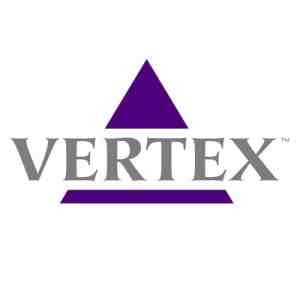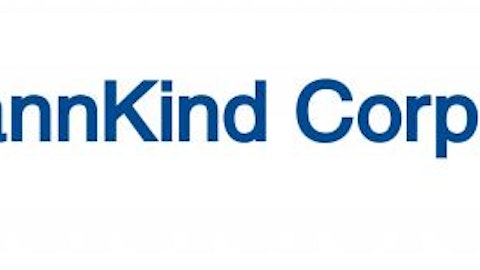If you’ve ever taken the time to really follow the biopharmaceutical sector, you know very well that failures are a dime a dozen, and success stories are few and far between. If we were to look back over the past three years, we would have no shortage of failed launches and mis-priced stocks to entertain our curiosity. None might be more infamous than Dendreon Corporation (NASDAQ:DNDN)‘s metastatic prostate cancer immunotherapy known as Provenge.
Priced at $93,000, this treatment proved pricier than its peers, and many insurers simply chose not to cover the procedure, leaving many physicians unwilling to prescribe the course of treatment. Originally slated by Wall Street prognosticators to bring in peak sales of $3 billion to $4 billion, Dendreon Corporation (NASDAQ:DNDN) recently announced in its second-quarter results that Provenge sales would actually fall on a year-over-year basis. Current annual sales of the drug are roughly 10% of the low end of those previous peak sales estimates more than three years after its approval.
Two decades ago, getting a drug approved by the Food and Drug Administration, which looked at far fewer drugs each year than it does now, was the biggest sticking point to success. Today, drug development and approval remains the costliest component in the process of bringing a drug to pharmacy shelves — but it’s really only half the battle. Nowadays, successfully marketing and pricing of a drug is just as important, if not more important, than the actual development and approval process.
The rise of the fastest growing drug in history
Some drugs, though, find the sweet spot of success, including its target patient and physician population, and pricing point, with relative ease. Enter Vertex Pharmaceuticals Incorporated (NASDAQ:VRTX) which, prior to May of 2011, had no FDA-approved drugs on the market. That all changed on May 23, 2011, however, with the Food and Drug Administration approving Incivek, the company’s intravenous hepatitis-C therapy to be given with interferon.

Initial estimates of Incivek’s peak sales were astronomical, with some figures calling for sales as high as $5 billion. But, even blockbusters in the past have taken time to get their foot in the door and ramp up sales. Little did investors or analysts understand just how special of a drug Incivek was about to become.
By the end of September 2011, less than four months following its approval and launch, Incivek had brought Vertex Pharmaceuticals Incorporated (NASDAQ:VRTX) $494.1 million in revenue. The news is even more stunning when taken in the context that Merck & Co., Inc. (NYSE:MRK) had a competing hepatitis-C drug named Victrelis that was approved by the FDA just 10 days prior to Incivek, and it completely left Victrelis in the dust. To put this in another context… although these two hepatitis-C therapies were approved at essentially the same time, Victrelis brought in just $502 million in all of 2012, while Incivek was able to generate the same amount of revenue in a little more than three months following its launch.
Source: Vertex Pharmaceuticals Incorporated (NASDAQ:VRTX) 10-Q’s.
By the end of fiscal 2011 (the end of December for Vertex), Incivek had delivered $950.9 million in cumulative product sales in just six months and a few days. During the first quarter of 2012, it would go on to become the fastest drug ever to reach $1 billion in sales from its launch, and delivered $1.16 billion in net product revenue in 2012.
The sobering fall of Incivek
But, the sobering reality of game-changing drugs is that one way or another, the good times can’t last forever. For Incivek, analysts were amazed at how quickly the drug took off from its launch and, I believe, they were completely caught off guard at how quickly sales evaporated once it appeared that revolutionary new hepatitis-C therapies were on the horizon.





